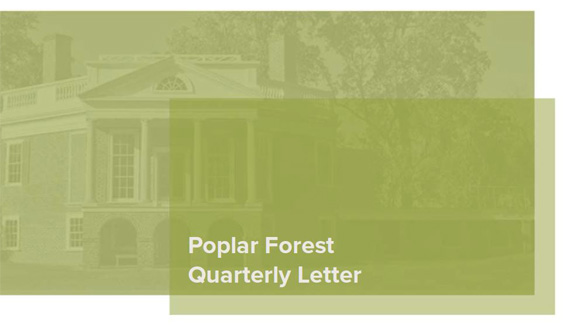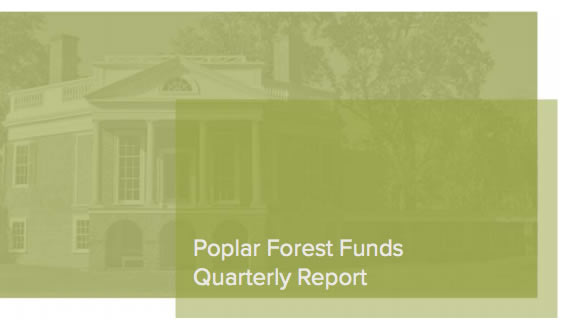September 30, 2019 Quarterly Letter
Poplar Forest Research2020-06-11T19:15:19+00:00As Mike Tyson famously observed: “Everybody has a plan until they get punched in the mouth.” For the last few years, Value investing has felt like being in the ring with the former champ. Successful long-term investors know they will have to take a few punches along the way because there is simply no way to get every stock pick right. The issue is not about getting punched: it’s about how one responds to the blow.




